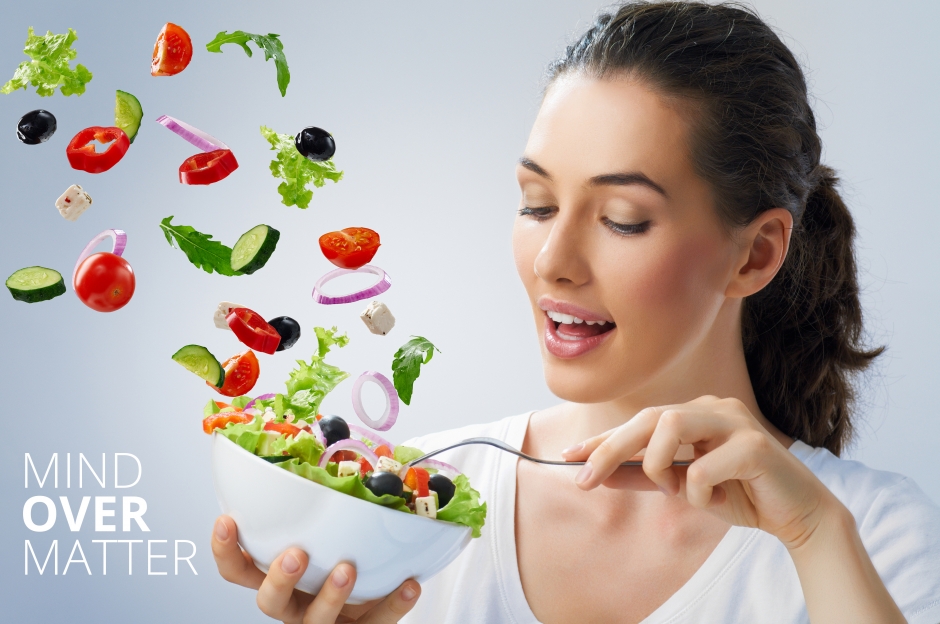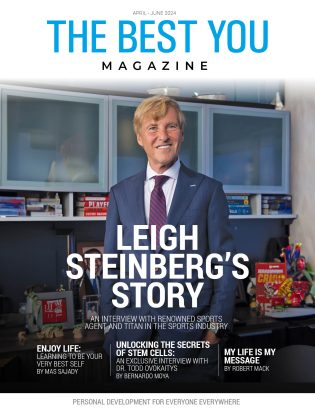Knowing the nutritional make-up of your diet is one thing, but have you ever thought about the psychology of what you eat? A new book combines both to help you lose weight and keep it off for life.
If you’ve ever overeaten, rushed your meal, eaten comfort or junk food, you’re not alone, but knowing each of these things isn’t good for you and figuring our why you do them could be the key to weight loss and a healthy life. Authors Ruth Wolever and Beth Reardon, both leading experts from Duke Integrative Medicine, spent 14 years researching The Mindful Diet, an innovative book that combines health psychology and nutrition.
While most of us have a fairly good idea of what we shouldn’t eat, it’s the ingrained unhealthy eating habits that hold us back from succeeding when it comes to making the right nutritional choices. “Our culture is very externally focused,” says Wolever. “People look for external advice, and diets become a set of rules to follow with someone else telling us what to do. That can work for a short period of time, but we are likely to return to old eating habits, and that’s why many people will initially lose weight but then gradually regain or increase their body weight over the long-term.”
It’s a challenge that many yo-yo dieters experience repeatedly, but weight-loss success is far more likely to come from within than from others, believes Wolever. “Lots of people ignore their own bodies and internal wisdom,” she says. “It’s counterintuitive and leads to a disconnect between our mind and body. If we access the incredible power of our mind and appreciate what we have internally we improve both our mind and self-esteem.”
As the book’s title suggests, mindfulness is a powerful tool in changing our approach to food and affecting our behaviour. Stress, unhappiness and unconscious beliefs are all likely contributors to unhealthy eating and so being in the moment and thinking about what and how we eat can make huge inroads to change. Arianna Huffington, Miranda Kerr and Daisy Lowe are all keen advocates of mindful eating.
“Mindfulness helps people shift their behavior,” continues Wolever. “We experience behaviours as single events – we buy and eat fries – but what goes into that single action are hundreds of tiny events psychologically. Mindfulness enables you to see those other events and gives you more choices and control.
“For example, hunger and fullness are not an all or nothing state. There are gradations of fullness and it’s a powerful recognition when you experience that for the first time.
“Instead of eating on autopilot, mindfulness allows you to be far more procedural and see the different neurological events that are at play. When we see how fluid our existence is, and how we can make different choices, we see that we are not so stuck as we think we are, and feel empowerment.
“It takes real exploration and practice to make it work, but mindfulness can help people to reap the benefits of making healthy choices, losing weight and keeping it off for life.”
The Mindful Diet by Ruth Wolever PhD and Beth Reardon MS, RD, LDN with Tania Nannan is published by Scribner. To read Ruth Wolever’s top tips for mindful eating, visit thebestyoumagazine.co





